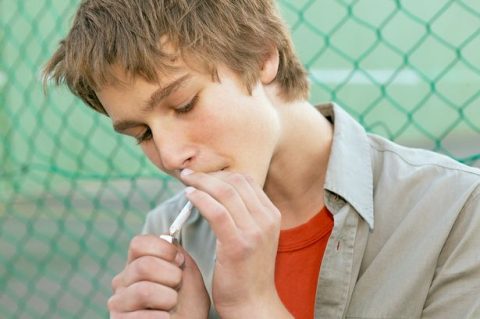Youths can be antisocial, rude and thoughtless. But they’re thinkers, and given some adult realism and support, they act responsibly. The latest stats back this up.
Fewer US teens are smoking, having sex and doing drugs these days, according to a survey by the Center for Disease Control and Prevention.
It asked about 100 questions on a wide range of health topics, including smoking, drugs and diet.
Researchers compared the results to similar questionnaires going back more than 25 years.
The CDC survey is conducted every two years to examine the lifestyle habits of teenagers across the States.

About 15,000 students at 144 high schools were questioned last year. The surveys are anonymous and voluntary, and there’s no check of medical records or other documents to verify answers.
The responses show not as many teens are having sex, although there wasn’t much change from the 2015 survey results. But last year, only 40% said they’d had sex at all, down from 48% a decade ago.
Also there was no substantial recent change for cigarette smoking but only about 9% are current smokers, down from more than 27% when the survey started in 1991. This abstinence is reflected in alcohol too with only 30% saying they currently drink, down from 51% in 1991.

Smoking cannabis seems to be in a state of flux, with about 36% of students saying they had tried it. But overall illegal drug use seems to be falling, including for synthetic marijuana, ecstasy, heroin, inhalants, LSD and other hallucinogenic drugs.
For the first time the survey asked if students had ever abused prescription opioid medications and about 14% did.
Also for the first time it asked if they had suffered a concussion from a sport or physical activity at least once in the last year, and 15% said they had.
That’s roughly one in six teens had been concussed during the course of playing sports!
This finding sounds high to me but it’s not far off from what’s been reported by some other researchers, said Michael Collins, who runs a University of Pittsburgh-affiliated sports concussion programme.
This question is important and I’m glad it’s included in the CDC survey. It reflects typical teen physical activity and it gathers information on teenage concussion, which the latest research links to the development of MS later in life. We have to get a grip on that.

